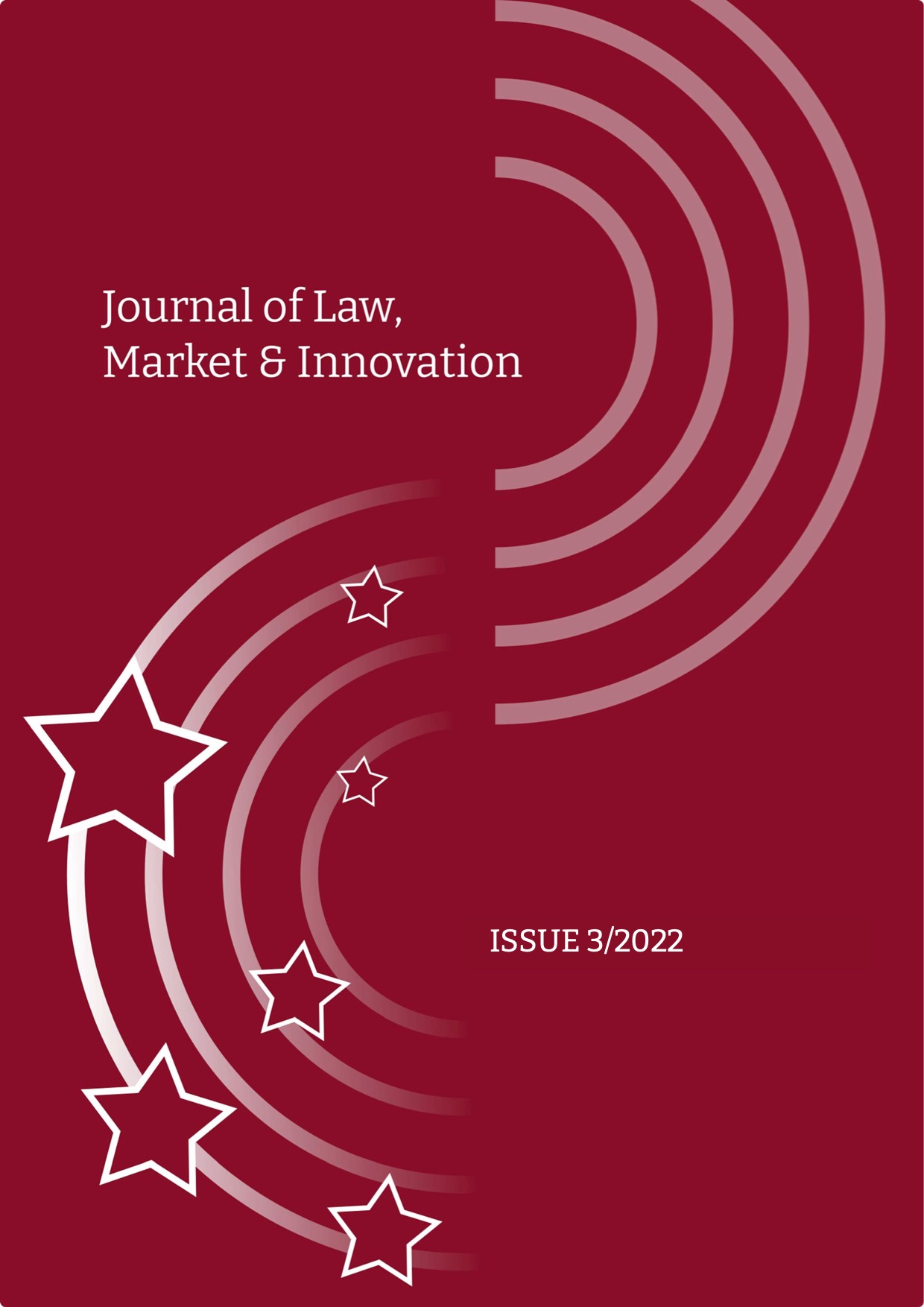Experimenting with Competing Techno-Legal Standards for Robotics
DOI:
https://doi.org/10.13135/2785-7867/7164Abstract
There are legitimacy and discriminatory issues relating to overreliance on private standards to regulate new technologies. On the legitimacy plane, we see that standards shift the centralization of regulation from public democratic processes to private ones that are not subject to the rule of law guarantees reviving the discussion on balancing the legitimacy and effectiveness of techno-legal solutions, which only further aggravates this complex panorama. On the discriminatory plane, incentive issues exacerbate discriminatory outcomes over often marginalized communities. Indeed, standardization bodies do not have incentives to involve and focus on minorities and marginal groups because 'unanimity' of the voting means among those sitting at the table, and there are no accountability mechanisms to turn this around. In this letter, we put up some ideas on how to devise an institutional framework such that standardization bodies invest in anticipating and preventing harm to people's fundamental rights.



 EJIF has been approved for inclusion in
EJIF has been approved for inclusion in  The Journal of Law, Market & Innovation is indexed in
The Journal of Law, Market & Innovation is indexed in  The Journal of Law, Market & Innovation is indexed in
The Journal of Law, Market & Innovation is indexed in  The Journal of Law, Market & Innovation is indexed in
The Journal of Law, Market & Innovation is indexed in  The Journal of Law, Market & Innovation is indexed in
The Journal of Law, Market & Innovation is indexed in  The JLMI is classified as a "Class A" journal for Law (Area 12) by the Italian
The JLMI is classified as a "Class A" journal for Law (Area 12) by the Italian 
